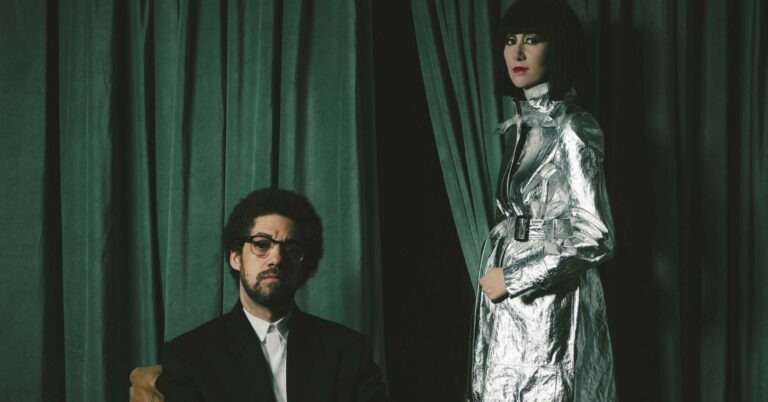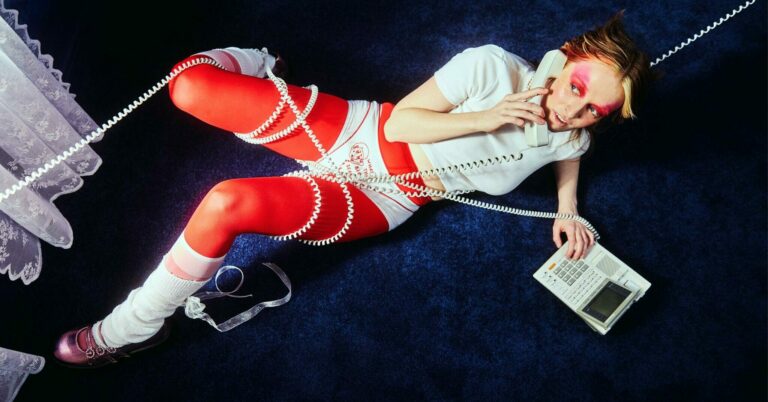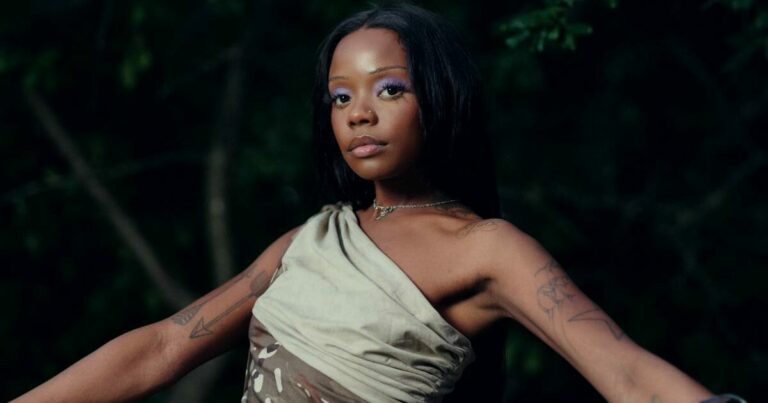- Luke Combs’ authentic storytelling and heartfelt lyrics resonate with fans by addressing real-life experiences and emotions.
- “Hurricane” was his breakthrough hit, capturing the whirlwind of emotions tied to love and regret.
- “Beautiful Crazy” and “Even Though I’m Leaving” highlight Combs’ ability to create deeply personal and emotional songs.
- “When It Rains It Pours” and “Beer Never Broke My Heart” showcase his talent for turning personal struggles into catchy, relatable tunes.
Luke Combs has taken the country music world by storm with his authentic storytelling and heartfelt lyrics. Fans are drawn to his music because it speaks to real-life experiences and emotions. In this post, we’ll delve into the stories behind some of Luke Combs’ biggest hits, uncovering the inspirations and personal moments that have shaped his songs. Whether you’re a longtime fan or new to his music, you’ll gain a deeper appreciation for the artistry behind the lyrics.
Luke’s journey from a small-town boy to a country music sensation is a testament to his genuine talent and relatable songwriting. His songs often touch on themes of love, heartbreak, family, and the simple joys of life, resonating deeply with his audience. By exploring the stories behind his hits, we can better understand the man behind the music and the experiences that have influenced his work. So, sit back and get ready to dive into the captivating world of Luke Combs’ lyrics.
Behind the Lyrics: The Stories in Luke Combs’ Hit Songs
Luke Combs has taken the country music world by storm with his authentic storytelling and heartfelt lyrics. Fans are drawn to his music because it speaks to real-life experiences and emotions. In this post, we’ll delve into the stories behind some of Luke Combs’ biggest hits, uncovering the inspirations and personal moments that have shaped his songs. Whether you’re a longtime fan or new to his music, you’ll gain a deeper appreciation for the artistry behind the lyrics.
Luke’s journey from a small-town boy to a country music sensation is a testament to his genuine talent and relatable songwriting. His songs often touch on themes of love, heartbreak, family, and the simple joys of life, resonating deeply with his audience. By exploring the stories behind his hits, we can better understand the man behind the music and the experiences that have influenced his work. So, sit back and get ready to dive into the captivating world of Luke Combs’ lyrics.
“Hurricane”: The Breakthrough Hit
“Hurricane” was the song that put Luke Combs on the map. Released in 2016, this track quickly climbed the charts and announced Combs as a new force in country music. But what inspired this powerful anthem of love and regret?
Luke Combs wrote “Hurricane” based on personal experiences of love lost and the overwhelming emotions that follow. The song captures the whirlwind of feelings when an ex unexpectedly reappears in your life, stirring up old memories and unresolved feelings. This relatability struck a chord with listeners, helping “Hurricane” soar to the top of the charts.
The song’s success was a turning point for Combs, transforming him from an aspiring artist into a country music star. Fans connected with the raw honesty in his lyrics, and “Hurricane” became a defining moment in his career.
“When It Rains It Pours”: Turning Heartbreak into Humor
“When It Rains It Pours” is a perfect example of Combs’ ability to turn personal struggles into catchy, relatable songs. Unlike the somber tone of “Hurricane,” this track takes a humorous approach to life’s ups and downs.
Inspired by a breakup, “When It Rains It Pours” tells the story of a man who experiences a streak of good luck after his girlfriend leaves him. From winning the lottery to scoring free concert tickets, the protagonist finds silver linings in his newfound single life. This tongue-in-cheek take on heartbreak resonated with fans, who appreciated the lighthearted spin on a typically painful experience.
The song’s upbeat tempo and clever lyrics made it an instant hit, further cementing Luke Combs’ reputation as a master storyteller. The success of “When It Rains It Pours” showcased Combs’ versatility as a songwriter and his knack for finding humor in tough situations.
“Beautiful Crazy”: A Love Song for the Ages
“Beautiful Crazy” is one of Luke Combs’ most beloved songs, capturing the magic of falling in love with someone who is perfectly imperfect. This romantic ballad became an anthem for couples everywhere, but its origins are deeply personal.
Combs wrote “Beautiful Crazy” for his then-girlfriend, now-wife, Nicole Hocking. The song describes the endearing quirks and unique qualities that made him fall head over heels for her. Lines like “She’s unpredictable, unforgettable, it’s unusual, unbelievable” highlight the genuine affection and admiration he feels.
The heartfelt lyrics and soothing melody struck a chord with listeners, making “Beautiful Crazy” a staple at weddings and romantic occasions. Its success on the charts was matched by its emotional impact, showing how deeply personal experiences can resonate universally.
“Even Though I’m Leaving”: A Tribute to Family
One of Luke Combs’ most emotional songs, “Even Though I’m Leaving,” delves into the pain of separation and the enduring bond between parent and child. This poignant track explores themes of loss and love, drawing on Combs’ own experiences.
The song is a touching tribute to Combs’ father, who has been a significant influence in his life. It tells the story of a son’s conversations with his father at different stages of life, from childhood fears to adult challenges. The recurring reassurance of “even though I’m leaving, I ain’t going nowhere” underscores the lasting presence of a loved one, even when they are physically absent.
“Even Though I’m Leaving” resonated deeply with listeners, many of whom shared similar experiences of loss and longing. The song’s emotional depth and beautiful storytelling made it a standout track, highlighting Combs’ ability to connect with his audience on a profound level.
“Beer Never Broke My Heart”: Celebrating the Simple Things
With its rollicking tempo and catchy chorus, “Beer Never Broke My Heart” is a celebration of life’s simple pleasures. This high-energy anthem became an instant hit, showcasing a different side of Luke Combs’ musical repertoire.
The song was inspired by Combs’ love for the simple joys in life, particularly a cold beer. It humorously contrasts the reliability of beer with the unpredictability of relationships, encapsulating a carefree attitude that resonates with many fans. Lines like “longneck ice-cold beer never broke my heart” highlight the song’s playful nature.
“Beer Never Broke My Heart” quickly became a crowd favorite, particularly at live performances where its infectious energy could be fully appreciated. The song’s success demonstrated Combs’ ability to craft hits across a range of moods and themes, from heartfelt ballads to upbeat party anthems.
Conclusion
Luke Combs’ ability to weave personal stories and emotions into his music has endeared him to fans around the world. From his breakthrough hit “Hurricane” to the heartfelt “Even Though I’m Leaving,” each song tells a unique story that resonates with listeners. By exploring the inspirations behind his lyrics, we gain a deeper appreciation for the artistry and authenticity that define Luke Combs’ music. Fans are eagerly anticipating the arrival of Luke Combs in Melbourne 2024, where he is set to perform his biggest hits live.
His storytelling connects with real-life experiences, offering a glimpse into his personal journey and the moments that have shaped his life. As fans, we are captivated by his heartfelt and relatable lyrics, which continue to inspire and move us. Luke Combs’ music is a testament to the power of genuine, honest songwriting, and we look forward to many more stories to come.













